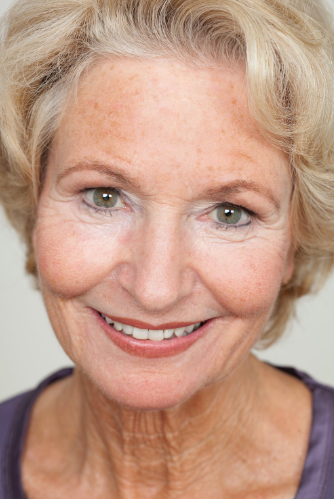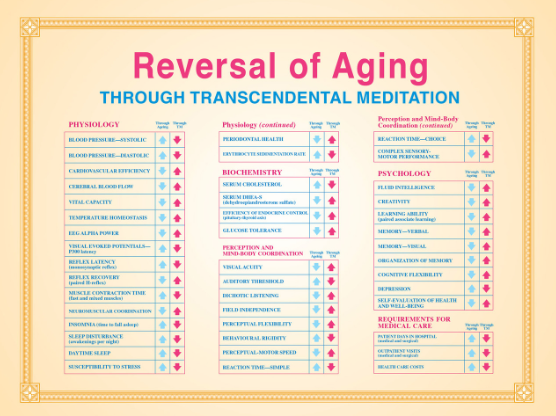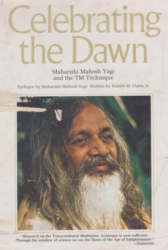Live Long, Live Well: How to Slow the Aging Process

A Harvard Medical School and Duke University School of Medicine study published in Cell Metabolism in April 2023 found that we can effectively “de-age” after recovering from physically stressful events, such as surgery, severe illness and even pregnancy.
The researchers showed that our biological age, unlike our unchangeable chronological age, is “fluid, fluctuating and malleable.” They said, “Aging is classically conceptualized as an ever-increasing trajectory of damage accumulation and loss of function, leading to increases in morbidity and mortality. However, recent in vitro studies have raised the possibility of age reversal. Here, we report that biological age is fluid and exhibits rapid changes in both directions.”
If we hadn’t suspected it before, this research confirms that our biological age is a good measure of our stress levels and ability to reduce stress.
The study effectively demonstrates that our bodies are capable of inducing a reversal of aging naturally. According to Dr Vadim Gladyshev, co-senior author of the study, the research indicates that “the ability to recover from stress may be an important determinant of successful aging and longevity.”
When most women think of aging, they conjure up images of wrinkles and gray hair along with physical frailty. While many women maintain a clear mind and good health in senior years, we are all subject to some of the damage that decades of wear and tear will bring.
Statistically, it is aging itself that brings women the greatest risk of illness and suffering. From cancer and heart disease to the coronavirus, from lack of focus to dementia, nothing compares to the damage wrought by aging. Statistics reveal that more than two thirds of deaths are attributed to aging.
Growing old, despite a good attitude, is probably not going to be graceful eventually. What can you do? Actually, there is a lot under your control to minimize the detrimental effects of growing older.
At the close of 2023, the recommendations for slowing the aging process based on research from Columbia University and listed by the American Heart Association were to:
- Eat better
- Be active
- Stop smoking
- Get 7-9 hours sleep per night
- Normalize your weight
- Manage cholesterol, blood pressure and blood sugar
Because many of the imbalances addressed above are consequences of stress, probably the most important and fundamental recommendation that every health professional will give you is to reduce stress. Women exposed to chronic stress age rapidly.
Decades of published research on The Transcendental Meditation program shows TM effectively reduces stress.
For example:
- A Stanford University meta-analysis of 146 independent studies, published in the Journal of Clinical Psychology, found the TM technique to be twice as effective as other techniques in reducing stress and anxiety.
- In 2014, research was published in The Permanente Journal on the successful effect of the Transcendental Meditation practice on employee stress, depression, and burnout
- In 2022, the Journal of the American Medical Association reported on the Efficacy of Transcendental Meditation to Reduce Stress Among Health Care Workers, one of the most stressful professions to be in during the pandemic.
Norman Rosenthal, M.D., author, former senior NIH researcher, and Psychiatrist, Georgetown University Medical School reports that “No other stress management technique has anywhere close to this amount of hard data in support of its claims to reduce stress.” See much more research here.

Because stress is a major factor in aging, research has shown that people reducing stress by practicing the TM technique have a much younger biological age than their chronological age: long-term TM meditators are an average of 12 years younger than their non-meditating counterparts.
Speak with a local certified TM teacher
About the Author
Janet Hoffman is the executive director of TM for Women Professionals, a division of TM for Women in the USA





